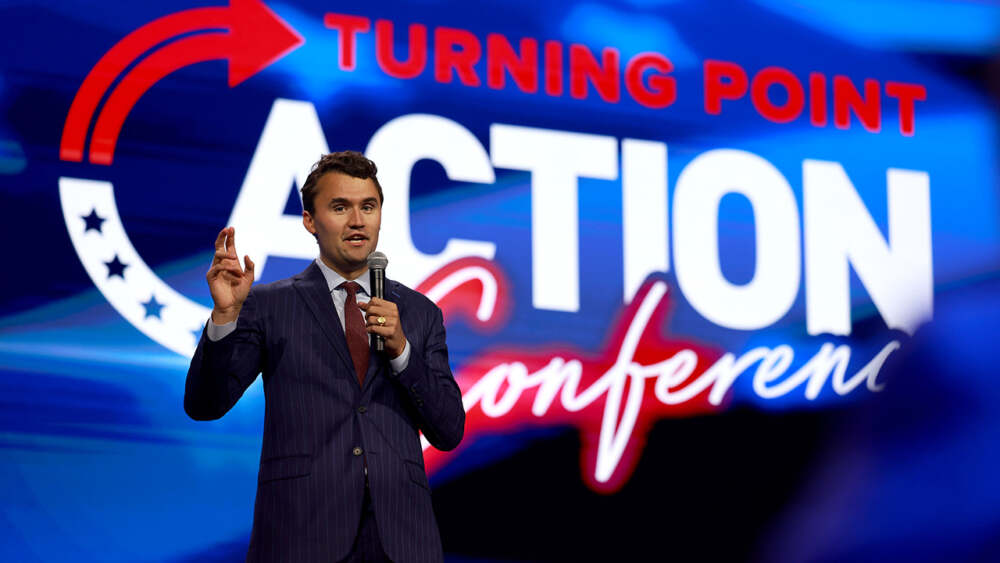In the wake of Charlie Kirk’s death, several major companies are confronting internal turmoil as employees’ public comments about the conservative activist spur backlash. From firings to suspensions, businesses are scrambling to balance free speech, corporate values, and public perception.
What Sparked the Controversy
After Charlie Kirk, a vocal conservative figure, died this week, social media lit up with varying reactions. Some posts criticized Kirk’s politics; others went further, allegedly celebrating his death. Companies quickly found themselves in the crosshairs when some employees made public comments that appeared to violate their employers’ standards or social media policies.
How Corporations Are Responding
- Microsoft has launched investigations into social media posts made by a small group of employees. The company emphasized that “comments celebrating violence against anyone are unacceptable” and that such remarks conflict with its values.
- Office Depot apologized after a video circulated showing an employee refusing to print materials connected to a vigil for Kirk. The company deemed the behavior “unacceptable and insensitive,” stating it violated policy. The employee involved has since been terminated, and the incident is under review internally.
- Nasdaq also terminated an employee whose online comments about Kirk were judged to violate the company’s policy, particularly around condoning or celebrating violence. The company reiterated its zero‑tolerance stance toward such expressions.
- Delta Air Lines suspended several employees after a memo from CEO Ed Bastian said their social media posts “went well beyond healthy, respectful debate.” The airline noted that violations of its social media policy could lead to “meaningful consequences,” including termination.
- Other organizations, including media outlets and legal firms, also addressed or disciplined staff for public remarks about Kirk. One political analyst was fired after televised comments deemed inappropriate; similarly, a law firm parted ways with an attorney whose online posts drew attention.
Broader Implications
This wave of fallout underscores how companies are increasingly being held accountable not just for what they do, but what their employees say—online and in public. In an era when social media blurs personal and professional boundaries, firms are revising policies and reconsidering internal oversight to prevent reputational damage.
Employers appear to be navigating a fine line: allowing employees the freedom to voice opinions, while enforcing standards that prevent incitement, hate, or the appearance of endorsing violence. The responses so far show that many businesses believe strong, visible action is necessary to maintain public trust and internal coherence.
What to Watch Next
- How consistent and transparent the companies’ enforcement of social media and conduct policies will be.
- Employee reactions—especially around claims of overreach or suppression of speech.
- Whether there will be legal or regulatory pressure regarding freedom of expression in workplaces.
- How this might shift corporate policies more broadly, especially in politically charged contexts.
This episode suggests that going forward, companies may have less tolerance for public commentary by employees that strays into controversial or extreme territory. Organizational values, social media behavior, and employee expression are now more tightly intertwined than ever.
















Leave a Reply